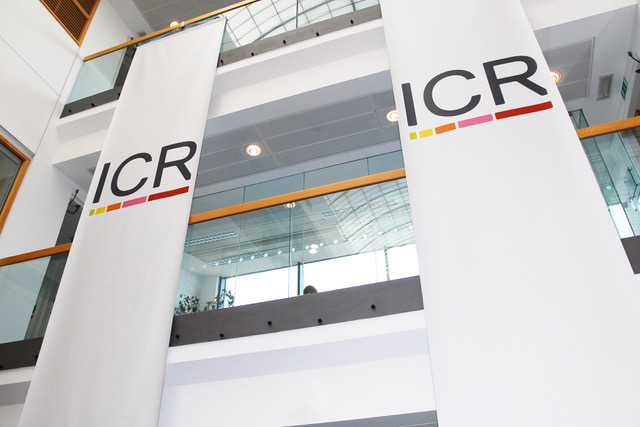ICR and NeoPhore announce immuno-oncology collaboration to develop new cancer drugs
23 Apr 2023
Immunotherapy

Preview
Source: PMLiVE
The Institute of Cancer Research (ICR)Cancer Research (ICR) in London and small molecule neoantigen immuno-oncology company NeoPhore have announced an agreement aimed at developing new cancer drugs.
NeoPhore’s inhibitors target proteins involved in DNA mismatch repair (MMR), an important process in cells that corrects mistakes that are introduced to DNA when they split.
Research by NeoPhore suggests that these MMR modulators have the ability to induce neoantigen expression and increase immunogenicity in solid tumours that become sensitive to immunotherapy.
Also commenting on the new partnership, Dr Matthew Baker, chief executive officer of NeoPhore, said: “Access to [Lord’s] team's scientific expertise will allow us to investigate new mechanisms of action of the MMR pathway in a variety of solid tumours.
“We believe that this impactful collaboration has the potential to broaden the use of MMR inhibitors beyond neoantigen generation. Ultimately the results of the collaboration have the potential to provide significant patient benefit in a variety of solid tumour indications.”
The partnership is the 4th collaboration agreement NeoPhore has signed since 2017, having teamed up with University of Turin, St George’s University of London and Memorial Sloan Kettering Cancer Center.
Meanwhile, the ICR said it is continuing to seek new industry collaborations to develop new cancer treatments.
Late last year, researchers from the ICR and the Royal Marsden NHS Foundation Trust revealed joint plans to create a new generation of treatments that target the ecosystems within the body supporting cancer.
For more details,please visit the original website
The content of the article does not represent any opinions of Synapse and its affiliated companies. If there is any copyright infringement or error, please contact us, and we will deal with it within 24 hours.
Indications
Targets
Hot reports
Get started for free today!
Accelerate Strategic R&D decision making with Synapse, PatSnap’s AI-powered Connected Innovation Intelligence Platform Built for Life Sciences Professionals.
Start your data trial now!
Synapse data is also accessible to external entities via APIs or data packages. Leverages most recent intelligence information, enabling fullest potential.





